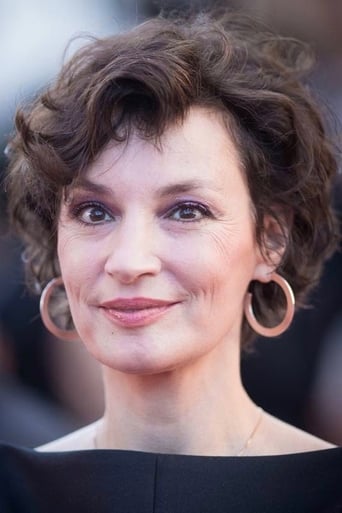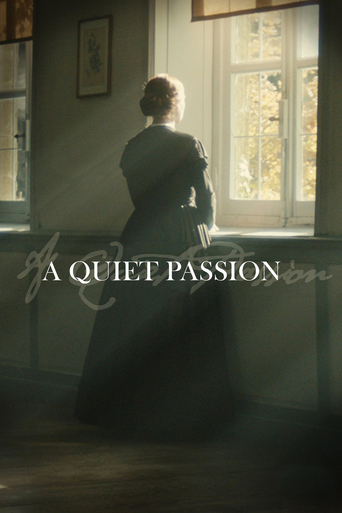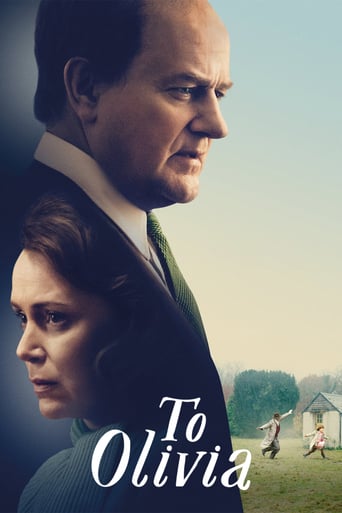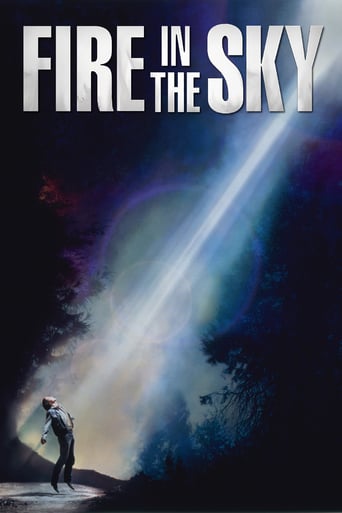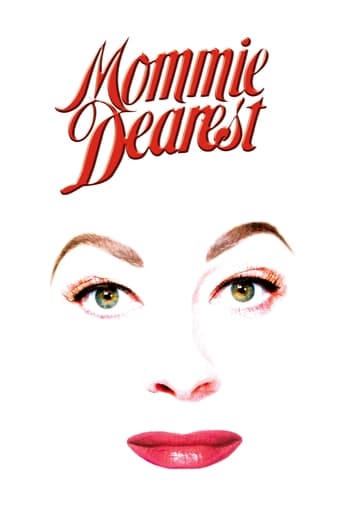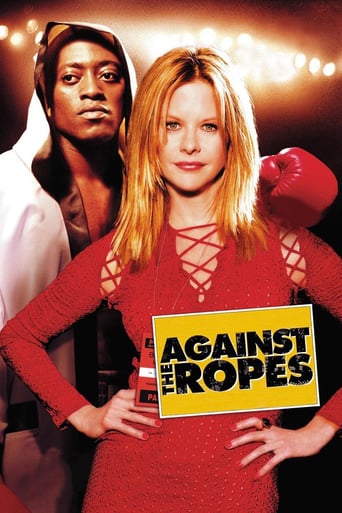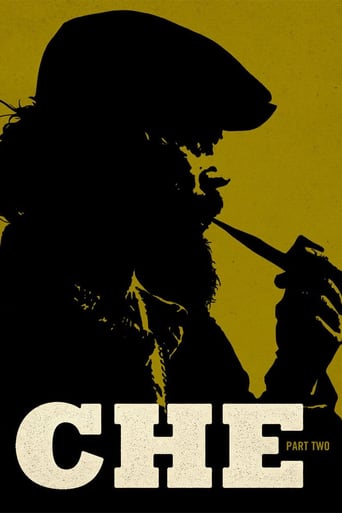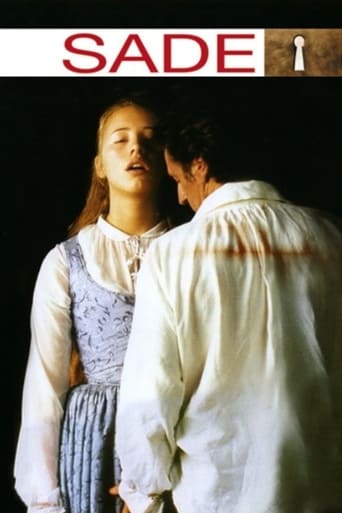
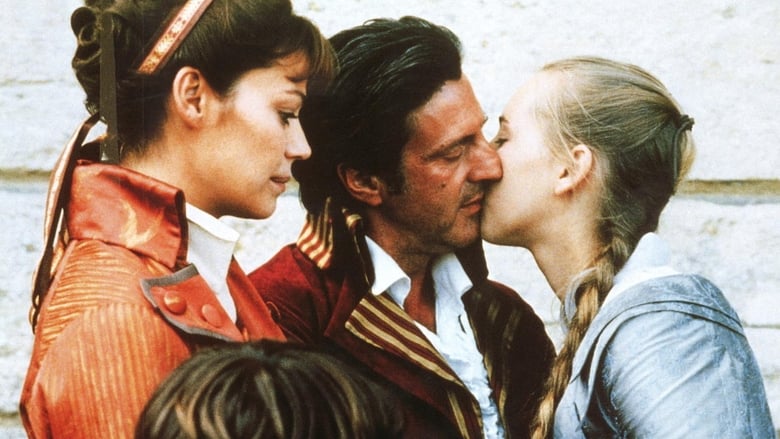
Sade (2000)
A man prepares himself to be transferred to a detention center and rest home where he will relive one more time the highlights of his youth.
Watch Trailer
Cast


Similar titles
Reviews
This is an extremely competent movie technically. The camera work and direction are excellent and the acting is fine as well--especially the fine acting by Daniel Auteuil as the Marquis. I really thought there were no problems at all with these aspects of the film. Instead, I was a bit annoyed by the way the Marquis was portrayed, as it didn't seem all that honest and seems to be a very revisionistic view of history. In fact, in recent years, the Marquis has undergone a bit of a transformation to a defender of freedom with great insight, not the fat sado-masochist rapist he really was. In a way, this is highly reminiscent of the whitewash given in THE PEOPLE VERSUS LARRY FLINT--where these men are elevated to hero status. Even if you don't think that the Marquis' perversions weren't all that bad (they included rapes and extreme violence), his portrayal in this film as a "sexual social worker" in this prison seems pretty silly. Instead of the violent and selfish Sade, he spends a lot of time carefully grooming a young virgin and slowly helps her to explore her own sensuality. What a nice and kind man. In fact, now that I think about it, this performance reminds me of the man Maurice Chavalier played in GIGI (but without the singing)--a cute older man who loves the ladies. I strongly doubt the real-life Marquis de Sade would have recognized this character at all!The film, surprisingly, doesn't have a lot of nudity, though what it does show is extremely explicit. Only a maniac would let their kids see this as this is a very adult drama. It's very well-made and pretty entertaining--just not all that truthful. The director admits that the film is largely fictional in the interview among the special features on the DVD I watched. So go ahead and see the film if you'd like--understanding it just isn't very good historically. During the 18th century, sexual libertines were quite accepted in France as they were pretty broad-minded, so despite what the movie implies it wasn't SEX that was the issue, it was the violence and rape that was (and still is) the problem.
Only one thing hampered my total enjoyment of this film: Isild le Besco, with her Asian looks, cannot possibly be the child of Jean-Pierre Cassel and Dominique Reymond. Otherwise this is far better than Kaufman's Quills as a portrait of Sade. Daniel Auteuil is always at home in costume parts (remember him as the doomed officer in The Widow of St. Pierre?) and his ease with the part is wonderful. This is a more thoughtful, more world-weary debauched aristocrat than the caricature that Geoffrey Rush gave us. My favorite scene: dinner at the prison, Sade musing about Robespierre's belief in a supreme being--would that be solid, or a gas perhaps?--as he courts Emilie, under the watchful eyes of her parents.Benoit Jacquot has made a film that is more accessible than some he has done. There is a Bressonian austerity to some of his past films that this one thankfully lacks. The Marquis had the ability to appeal to your love of liberty and hatred for tyranny, at the same time as making you appalled when you sit down to read his novels. Jacquot knows this and plays down the writing.
Not too long ago we had an excellent portrayal of the Marquis de Sade by Geoffrey Rush in "Quills," a well acted, fast-paced, tense distortion of Sade's stay at the notorious Charenton insane asylum. Plucking at our compassion demanding decent treatment of the mentally ill and our general revulsion against extreme physical "cures" for madness, "Quills" reminded us of the bad old days when the insane were brutalized by the inhumane.Now we have a very different marquis in "Sade," a film that has received some extravagant and, in my view, not fully deserved praise. It is a very interesting film, worth seeing (the full-scale guillotine in action is worth the price of admission). But it's not great.Daniel Auteuil (Sade) is a very fine actor, one of the most interesting and versatile in both English and French language roles. His Sade is remarkably laid back given the Terror, the uncertainty of survival in a rest home cum upper class jail. For a man whose writings are permeated with lurid descriptions of sexual acts of every kind and who describes his own participation on most pages of many books, Auteuil's Sade comes across as a man on holiday from his perversions. Geoffrey Rush was closer to the soul of Sade (he had one, you know).Sade befriends a very able actress, Isild Le Besco, "Emilie," an awakening teenage noblewoman at first repelled by and then saturninely attracted to her new mentor. Sade informs her that he is indeed a "libertine" who has done it all but, unfortunately, he expresses himself with the same passion that a first time-invited dinner guest to my home will mention that he is a vegetarian.The real marquis was a fiery character and not just on paper. Imprisoned (as he was most of his life), he rallied angry protestors outside the walls of his jail with such effect that he was immediately whisked off the premises to another facility. Thus he missed the storming of the Bastille the next day (which would have resulted in at least his temporary liberation), an event that has given France a great holiday and made it easier for many to remember my birthday.The machinations of Robespierre (and one of his lieutenants who shares a bed with Sade's still involved mistress, by whom he has a cute kid,) are almost tepid given the fervor of that madman's mode of governance. So tame is this Robespierre that I almost felt badly for him when he went for the Big Haircut.Auteuil is much too detached for his character and for the times. When he expounds on his libertine philosophy to Emilie and anyone who will listen he sounds like a present day alternative-press sex columnist on a time warp trip. Sade stirred things up wherever he was confined. In this film even the one scene of intense sexual passion appears to almost bore him.The cinematography is impressive. Perhaps to avoid being described as a period piece, instead of music associated with the French Revolution (not a bar of the Marsellaise) the music of Poulenc provides some of the background. Poulenc and the French Revolution?An interesting but overpraised film.
While there is much to admire in the performances, writing, and photography (especially the way the Marquis' sometimes greenish-black hue contrasts to Emilie's fair skin), the central thesis of the film is a little hard to swallow. Setting the story right at the nadir of revolutionary excess, where the nobility are being decapitated in the hundreds, the film-makers advance the notion that all the raping, maiming, and torturing in Sade's books are merely a joyous upwelling of the Life Forces amidst so much horror, like William Blake writing in a refugee camp. Yet this can only be made by transforming Sade from the bloodthirsty, all-screwing libertine that he was into a supercilious chattering class of one, a Cassandra who sees life even in the maggots swarming in his prison cell. Glimpses of his work are few and almost coy, while the sexual adventures of the other detainees get the full scan as neurotic and hypocritical. However they did recapture the dark wit that suffused Justine, and it that respect the Marquis is almost sympathetic.




